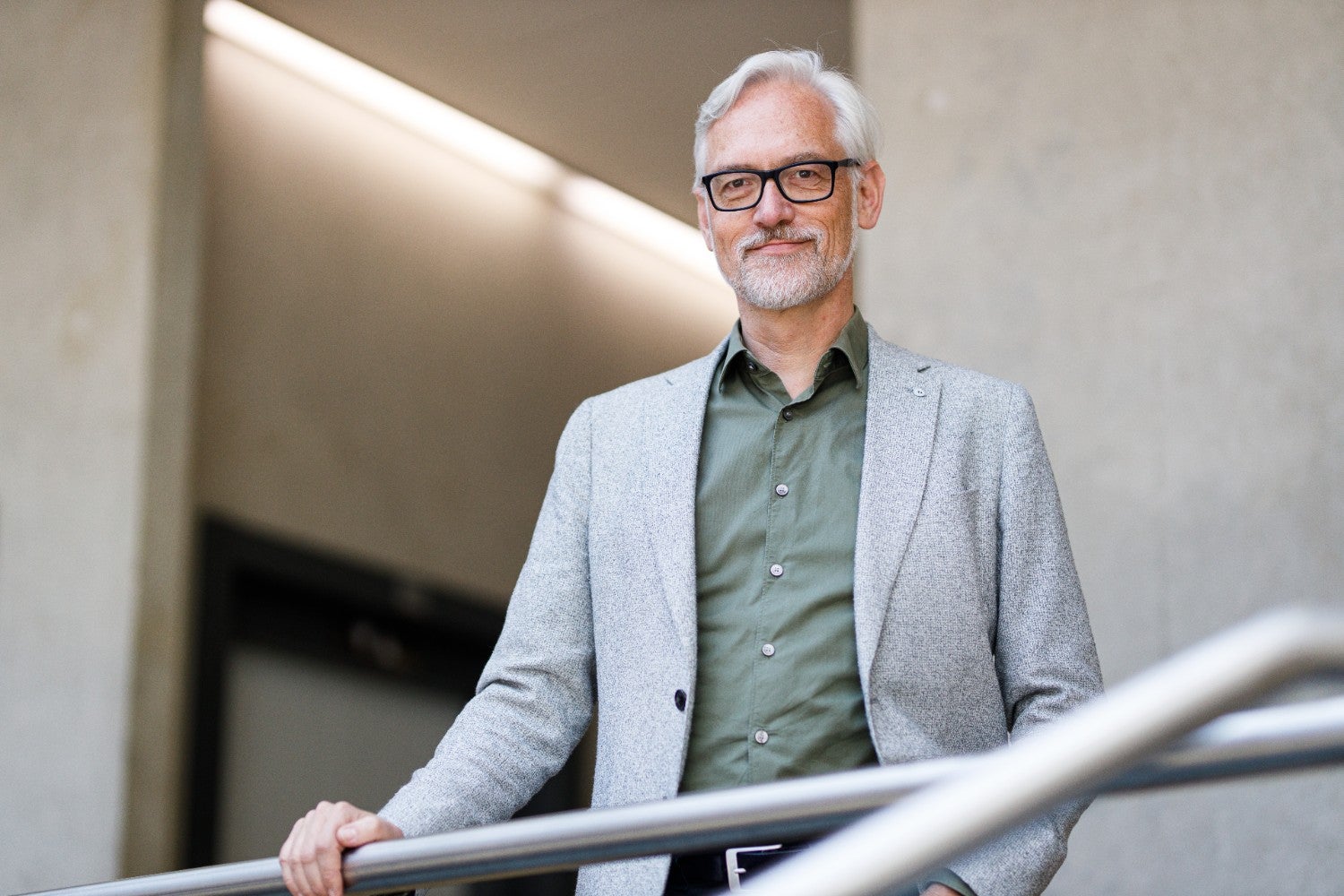Theo Bakker spent four years studying a group of 101 VU students living with autism, and compared the group with other VU Bachelor’s students with and without functional disabilities. “The results really surprised me.”
Which discovery during your research surprised you the most?
„Other studies found that students living with autism have trouble studying or don’t earn course credits. But I mainly observed that their progress and success in their studies strongly resemble those of other students. They’re just as smart, prepare just as well - or even better - and are just as successful. There are just a few areas that they experience as more difficult than other students."
What could the university do better for this group of students?
„We’ve observed that students who do two studies at the same time are more likely to drop out. Students with autism are also more likely not to take exams. That might have to do with their mindset. Where a neurotypical student who hasn’t thoroughly prepared for an exam might think: “I’ll just give it a try anyway”, students with autism tend to think: “I don’t know the material well enough, so I’m not going to pass”, and then they don’t show up for the test."
„Why do they have more difficulty preparing? Autistic students can find it more difficult to differentiate between main issues and side issues. We’ve noticed that they study everything, when exams are more about the important knowledge. They also sometimes have trouble asking other students for help, and are more likely to turn to the lecturer, who’s the expert in the subject. But other students could teach them how to deal with processing a lot of learning material in a limited time frame."
„Autism is a new country that we’re only just starting to discover."
How can universities better adapt to this group of students?
„Students living with autism often don’t look for support until it’s too late. After their secondary school studies, where they had a certain degree of guidance, they want to do everything on their own at the university. But we’ve noticed that they perform better if they have some form of guidance. That can include more information about what it means to study at a university with autism, which facilities are available, and how they can help. It can also include prevention: for example by offering a training course on differentiating between main issues and side issues, or a course that teaches them more about exam stress. And other students could take these courses as well, which makes them a win-win."
Your research showed that more and more students living with autism are enrolling at the university. How do you explain that?
„The number of people with a diagnosis is increasing. Women and people with average or above-average intelligence are getting better diagnoses. As are children from migrant backgrounds, where people once thought that they were behind other students due to their language proficiency. Another important factor is that the stigma against autism is decreasing. People are more willing to admit that they’re living with autism. Autism is a new country that we’re only just starting to discover."
„I still sometimes catch myself thinking: I don’t see it in you."
What do you think of the image many people have about autism?
„It’s good that we’re seeing more diversity in the portrayals of people living with autism, like the television programmes about autistic people dating. Because until recently, people mainly thought of the character from the movie Rain Man: a highly gifted person who’s extremely good at poker. Unfortunately, even those programmes don’t show everything, perhaps because it isn’t good television. So our image still isn’t complete. Most people living with autism don’t show it. I still sometimes catch myself thinking: I don’t see it in you. I hope that my research will contribute to a more complete image of people living with autism."
In conclusion: you’ve said that we can learn from students living with autism. What do you mean by that, exactly?
„People living with autism can quickly assess the quality of instructions or study materials. Is the explanation unclear, or is there a question with more than one possible answer in the exam? If it’s not clear for them, then why should it be for the other students? They notice those kinds of facts quicker, and I think they’re more likely to mention them. So I don’t think that the one group of students is ‘better’ than the others. We can learn a lot from these students."
Theo Bakker defended his dissertation on this topic on 8 June 2022.








